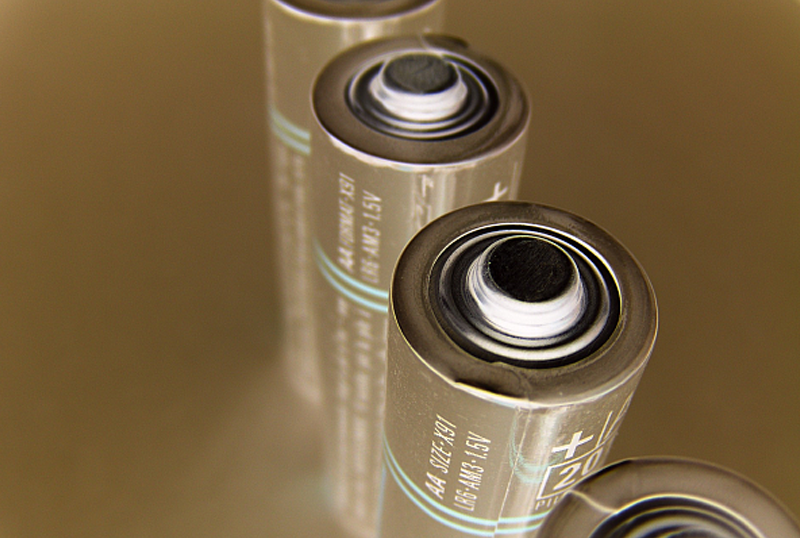What are the limitations or challenges associated with MWD technology?...
Read MoreWhat types of series and parallel connections are there for high temperature battery packs?
High temperature battery packs can be connected in series and/or parallel to achieve the desired voltage and capacity levels. Here are the types of series and parallel connections commonly used for high temperature battery packs:
Series Connection: In a series connection, two or more battery cells or packs are connected end-to-end, with the positive terminal of one cell or pack connected to the negative terminal of the next. This configuration adds the voltage of each cell or pack, while the capacity remains the same. For example, if two 3.6V cells are connected in series, the output voltage will be 7.2V, while the capacity remains the same as that of a single cell.
Parallel Connection: In a parallel connection, two or more battery cells or packs are connected side-by-side, with the positive terminals of all cells or packs connected to each other, and the negative terminals connected to each other. This configuration adds the capacity of each cell or pack, while the voltage remains the same. For example, if two 2000mAh cells are connected in parallel, the capacity will be 4000mAh, while the output voltage remains the same as that of a single cell.
Series-Parallel Connection: In a series-parallel connection, multiple battery cells or packs are connected in a combination of series and parallel connections to achieve the desired voltage and capacity levels. This configuration involves connecting cells or packs in series to increase voltage, and then connecting those series connections in parallel to increase capacity. For example, four 3.6V cells can be connected in series pairs to create two 7.2V packs, and then those packs can be connected in parallel to create a 14.4V pack with twice the capacity of a single pack.
These series and parallel connections can be used in various combinations to create custom battery pack configurations that meet the specific voltage and capacity requirements of different high temperature applications.

Extend Knownledges
What are the limitations or challenges associated with MWD technology?
What are the limitations or challenges associated with MWD technology?...
Read MoreAre there any limitations or considerations for using an autoclave?
Are there any limitations or considerations for using an autoclave?...
Read MoreWhat temperature and pressure are typically used in an autoclave?
What temperature and pressure are typically used in an autoclave?...
Read More